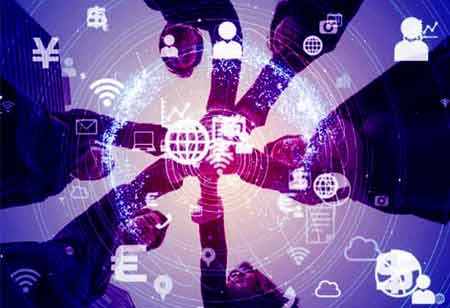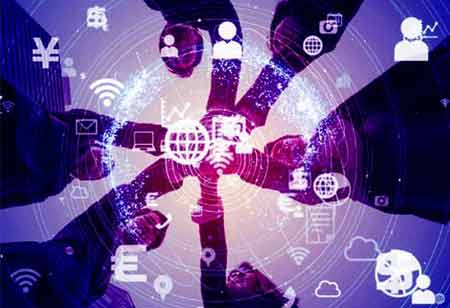Thank you for Subscribing to Business Management Review Weekly Brief
I agree We use cookies on this website to enhance your user experience. By clicking any link on this page you are giving your consent for us to set cookies. More info
The Future of Procurement Services
Procurement professionals must be prepared to accept technological innovations, sustainability initiatives, and risk management to unlock supply chain value, innovation, and resilience.

By
Business Management Review | Monday, November 04, 2024
Stay ahead of the industry with exclusive feature stories on the top companies, expert insights and the latest news delivered straight to your inbox. Subscribe today.

Procurement professionals must be prepared to accept technological innovations, sustainability initiatives, and risk management to unlock supply chain value, innovation, and resilience.
Fremont, CA: The role of procurement services is changing along with the challenges and opportunities thrown up by the increasingly complicated global market. From its former position as a simple transactional function, procurement will increasingly drive value, innovation, and sustainability.
The procurement industry is changing significantly due to integrating advanced technologies like artificial intelligence, machine learning, and blockchain. AI can make better decisions by analyzing vast amounts of data, identifying patterns, and providing insights to optimize sourcing strategies. Machine learning can also be used to forecast demand fluctuations and improve inventories.
Blockchain technology brings traceability and transparency into supply chains, enabling procurement teams to rely more on data-driven insights for better decision-making. Sustainability in procurement services is fast becoming one of the most critical issues because environmental pressures and regulatory forces push the boundaries. In dealing with such concerns, buyers review the ESG performance of their suppliers to help them sustain long-term benefits. Green procurement strategies minimize carbon footprint, waste, and stakeholder relationships, and therefore, growth as organizations change over time to achieve sustainability targets.
Procurement services have become necessary due to the complexity of the supply chain. Collaborative procurement strategies involve close contact with suppliers, where their goals are understood, and information is shared for innovation. This improves product quality, economies of scale, and market responsiveness. It further helps to share knowledge and co-create solutions in collaboration. Risk management is one of the critical trends in procurement services since it provides a form of risk management and ensures success in the supply chain.
The recent global COVID-19 pandemic, among other things, spotlighted vulnerabilities within supply chains. Organizations review their plans for managing risks to ensure continuity and resilience. Procurement professionals are increasingly tasked with finding potential dangers like geopolitics and natural disasters and devising contingency plans around these risks. Companies can prepare for such disruption and safeguard operations by diversifying the supplier base and implementing robust risk assessment frameworks.
Strategic procurement requires professionals to have strong negotiation and analytical skills and to negotiate complex technologies and relations involving people. It calls for continuous learning or professional development regarding the mindset adjustment by the procurement team due to changes in market conditions or evolving technology. Organizations willing to invest in training and development can attract and retain the best procurement professionals. E-procurement solutions change the way organizations approach procurement processes. From sourcing and supplier management to invoicing and payment, e-procurement makes work easier for companies.
E-procurement helps with efficiency by reducing administrative tasks and spending and providing real-time visibility into supplier performance. Regarding how procurement teams will be affected in the future, better data analytics and reporting capabilities will likely lead to more strategic decisions.





